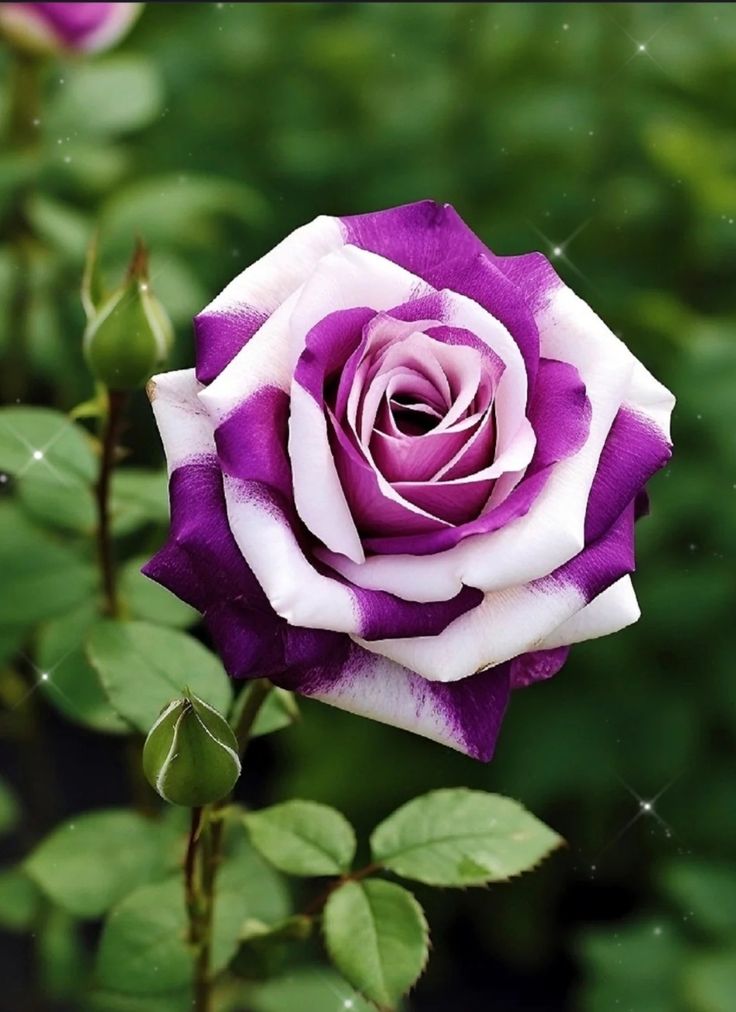Mulching is a valuable practice in rose gardening that provides a range of benefits, from moisture retention to weed suppression. Implementing effective mulching techniques not only promotes the health and vigor of your roses but also enhances the overall beauty of your garden. Explore these tips for successful mulching in your rose garden.









1. Choose the Right Mulch Material
Tip:
Select organic mulch materials such as shredded bark, straw, or pine needles. These materials break down over time, enriching the soil with essential nutrients. Avoid using thick layers of fine mulch, as it may become compacted and impede water penetration.
2. Apply a Layer of Consistent Thickness
Tip:
Spread a layer of mulch around the base of your rose bushes with a consistent thickness of 2 to 4 inches. Ensure the mulch covers the entire root zone without touching the base of the stems. This layer helps regulate soil temperature and retains moisture.
3. Leave a Gap Around Stems
Tip:
Create a small gap between the mulch and the stems of the rose plants. This prevents the development of fungal diseases and discourages pests from hiding in the mulch. Maintain a circle of bare soil around the stems, extending to a few inches beyond the drip line.
4. Mulch in Spring
Tip:
Apply a fresh layer of mulch in spring, typically after the last frost date for your region. This helps conserve soil moisture during the growing season and provides a protective barrier against temperature fluctuations.
5. Mulch for Moisture Retention
Tip:
Mulching is crucial for retaining soil moisture, especially during hot summer months. Adequate moisture is essential for the optimal growth and flowering of roses. Water the soil before applying mulch to maximize its water-retention benefits.
6. Use Mulch as Weed Suppression
Tip:
Mulch serves as a natural barrier against weeds that compete for nutrients and water. Apply a dense layer to smother existing weeds, and replenish the mulch as needed to prevent weed growth. This minimizes the need for herbicides.
7. Avoid Mulch Volcanoes
Tip:
Resist the temptation to create mulch volcanoes by piling mulch against the stems of the rose plant. Mulch volcanoes can lead to excessive moisture retention, root diseases, and even attract pests. Keep the mulch level and uniform.
8. Consider Compost as Mulch
Tip:
Using well-rotted compost as mulch is an excellent way to nourish your rose garden. Compost provides a rich source of organic matter, improves soil structure, and enhances nutrient availability for the roses.
9. Monitor Mulch Decomposition
Tip:
Regularly check the condition of the mulch. As organic mulch materials break down, replenish the layer to maintain its effectiveness. This ensures a continuous supply of nutrients to the soil.
10. Extend Mulch Beyond the Drip Line
Tip:
Extend the mulch beyond the drip line of the rose canopy. This area captures rainwater and prevents soil erosion. It also encourages root development in the outer areas of the rose’s root system.
Conclusion
Implementing proper mulching techniques is a key element in nurturing a healthy and vibrant rose garden. By selecting the right mulch materials, applying it with care, and incorporating it into your regular gardening routine, you’ll provide your roses with the optimal growing conditions they need to thrive. Enjoy the beauty of your mulched rose garden, where each bloom reflects the benefits of thoughtful and well-executed mulching practices.
FAQs
- Can I use leaves from my yard as mulch for roses?
- Yes, shredded leaves can be used as mulch for roses. Ensure they are finely shredded to prevent matting, and consider mixing them with other organic materials for balance.
- How often should I replenish the mulch around my roses?
- Replenish the mulch layer annually, usually in spring, to maintain its effectiveness. Monitor the condition of the mulch, and add more as needed.
- Is it necessary to remove old mulch before applying a fresh layer?
- It’s advisable to remove any compacted or matted old mulch before applying a fresh layer. This allows for better air circulation and prevents the development of fungal issues.
- Can I use wood chips as mulch for roses?
- Yes, wood chips can be used as mulch for roses. However, it’s recommended to choose aged or partially decomposed wood chips to avoid nitrogen depletion in the soil.
- Should I water the roses before applying mulch?
- Yes, watering the soil before applying mulch helps improve moisture retention. Ensure the soil is adequately moist before spreading the mulch layer.